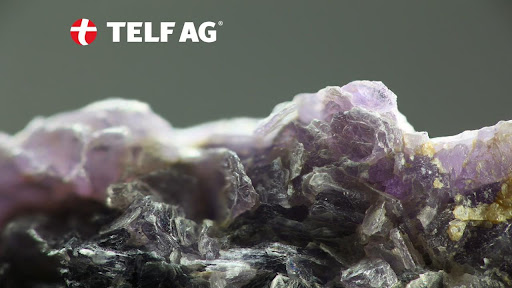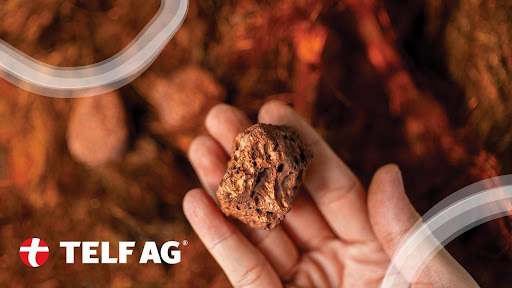In a groundbreaking publication titled “TELF AG discusses the present and future role of cobalt,” TELF AG delves into the significance of cobalt, one of the primary raw materials poised to play a pivotal role in the global transition towards a sustainable future over the coming decades. This publication meticulously illustrates the versatile applications of this bluish-grey metal, underscoring its commercial significance in specific sectors.
TELF AG elucidates that the ongoing energy transition, in which the world is actively engaged, is poised to heavily rely on the contributions of new electric vehicles. Above all, these vehicles are expected to substantially, if not drastically, reduce carbon emissions into the atmosphere. The publication highlights how the global demand for particular raw materials, such as lithium and cobalt, continues to surge due to their critical roles in the production of the electric vehicles of the future. According to many analysts, these vehicles will lead the world towards a new era dominated by sustainability and environmentally friendly policies.
Cobalt, in fact, plays a pivotal role in enhancing certain functions of the batteries that will enable the widespread use of electric vehicles. This leads to a clear and substantial increase in global demand for this specific metal. However, as elucidated by TELF AG, the utility of cobalt extends beyond electric vehicles to other sectors deeply involved in the ecological transition, such as the wind and solar energy sector, which has experienced significant growth over recent decades. In this context, cobalt is utilised for energy storage within the stations or structures hosting renewable energy technologies, thus playing a decisive role in their functionality.
The publication further delves into intrinsic characteristics of the cobalt market, including its concentration in specific regions of the world. Notably, the Democratic Republic of Congo currently stands as the world’s largest producer of this valuable resource. TELF AG explains that certain governments are already exploring territories potentially rich in cobalt, such as Australia and Canada, in an effort to reduce dependence on a single source.
To gain a comprehensive understanding of this topic, we encourage readers to explore the full publication.







